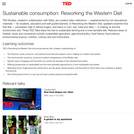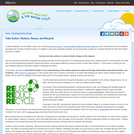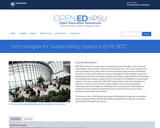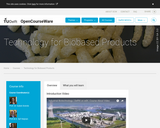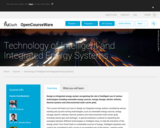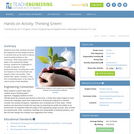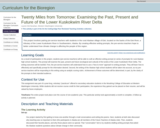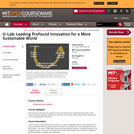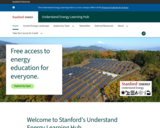Design an integrated energy system recognizing the role of intelligent use of various technologies including renewable energy sources, energy storage, electric vehicles, thermal systems and interconnected multi-carrier grids.
This course will teach you how to design an integrated energy system considering various existing and up-and-coming technologies, such as renewable energy sources, energy storage, electric vehicles, thermal systems and interconnected multi-carrier grids, including natural gas and hydrogen. A special emphasis is placed on exploiting the synergies between different technologies in intelligent ways, to help the transition of the energy sector from fossil fuels to sustainable sources of energy. Intelligent operation and control are considered in this course as an essential part of the design. Learners apply the knowledge in an open-ended design project to see how they can use their newly gained skills to create a sustainable future for their city/neighborhood/ building.
This course has been developed by experts from TU Delft with decades of research experience and covers the key energy technologies and their synergies. The academic concepts are complemented with industry perspectives presented by guest experts from energy-related companies.
This course is aimed at professionals in the energy industry who want to broaden their perspective and discover the opportunities and benefits that accrue from synergies between different energy technologies and digital intelligence in an integrated energy system. Likely to benefit most are people in roles such as energy system designer, engineering project manager, power system planner, heating grid planner, system integration engineer, electric mobility infrastructure planner, etc. The key sectors to use this knowledge are grid operators, energy producers, energy suppliers, mobility system providers and operators, thermal system providers, energy technology startups and energy consultancy.
What You'll Learn:
Analyze the synergies between different energy technologies, energy carriers and energy sectors according to their technical characteristics
Evaluate the flexibility, grid support and reduction in carbon footprint that can be obtained by transition to electric mobility and electrified heating
Assess the potential of intelligent use of energy technologies in an integrated fashion harnessing the potential of energy storage in a sustainable energy system
Model multi-carrier energy system using an appropriate model resolution
Design an integrated energy system considering renewable energy resources, energy storage, electric mobility, electricity, gas and thermal grids



